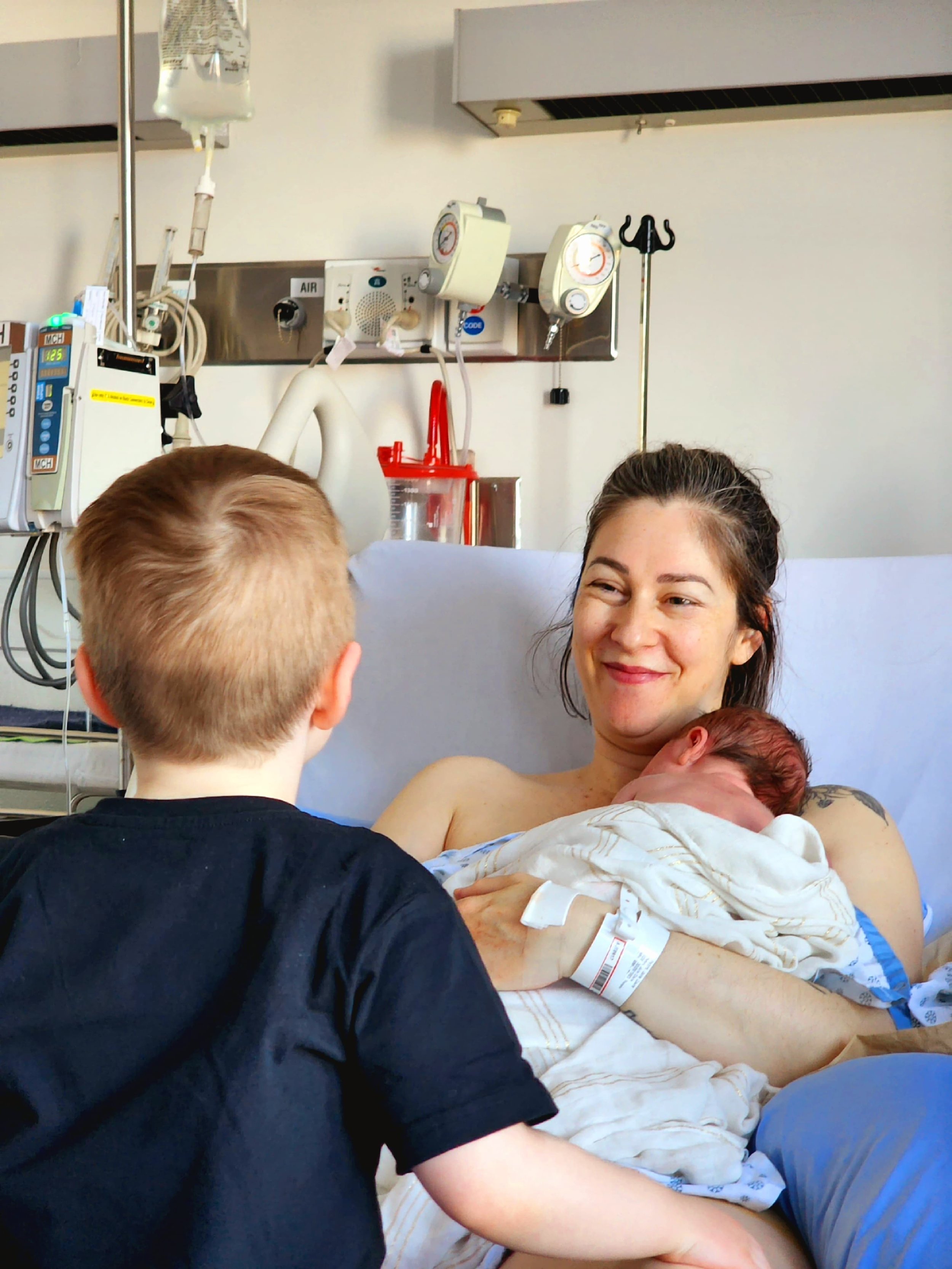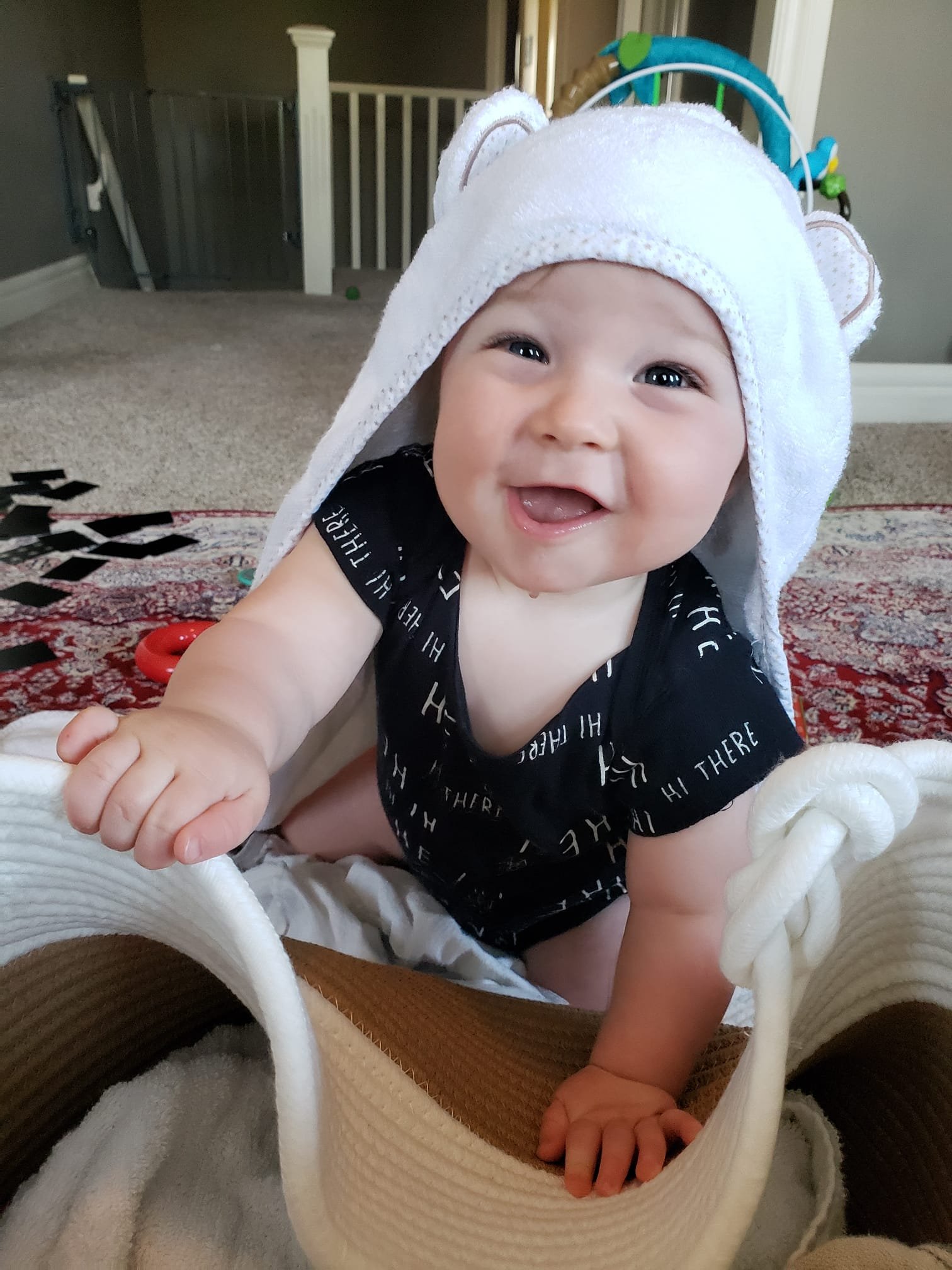
Welcome to the Reading Nook!
Have a browse, search, or read by category:
Read about my journey in pregnancy, postpartum, and parenthood.
Learn about process-focused Tarot and the spiritual meaning of certain cards that you may not have seen before.
Lessons from mythological divine feminine figures.
Taking care of your body, mind, and spirit through holistic practices.
These articles do a deep dive into movies and TV from a feminist and sometimes spiritual perspective. Grab some popcorn and think a little more about your latest Netflix binge.
Baby Photos, the Birth, A Sad Story, and a Happy Ending
So, at 38 weeks, it was time to induce. Despite my attempts to get my body ready with acupuncture and induction massage, the baby was not in the right place to deliver. He was facing the wrong way, and with too much fluid in my uterus due to the gestational diabetes, he was floating above my pubic bone instead of entering the birth canal. For two days, we flowed between intensely painful interventions and extremely effective pain medications, an ebb and flow between feeling awful and feeling artificially great. When they finally offered a C-section, I was ready to get this baby out.
Recurrent Miscarriage: Spiritual and Energetic Considerations
One miscarriage is traumatizing enough, but some unlucky few have to deal with two, three, four, or more miscarriages in our lives. It can be incredibly frustrating to have to go through the same nightmare over and over again, especially if there is no explanation for why this keeps happening. As someone who has experienced five miscarriages, I have thought a lot about the spiritual and energetic considerations of recurrent miscarriages.
Miscarriage: Spiritual And Energetic Considerations
Miscarriage is a devastating experience and shockingly common, happening in about one in four pregnancies. It is defined as any pregnancy loss before 20 weeks of gestation, so it can look like anything from a chemical pregnancy, which happens before 5 weeks, to a loss beyond the 12-week mark, when many of us assume we’re in the clear.
It is normal to ask about the meaning of horrible experiences like this, and there are a few ways we can think about how the body, mind, and spirit may be communicating through miscarriage.
The Best Parenting Advice I Ever Got: Three Game-Changers for the First Year
A lot of people will tell you that the first year of parenting is really hard. It is, and it’s also beautiful and amazing, and I’m sure you already know all that. Of course, our number one priority as parents is always going to be the health and wellness of our little ones. But there were three things we did in the first year that made our lives so much better I can’t imagine trying to get through the first year without them. And I’m quite confident they made us better parents, too.
Feminist Mom, Baby Boy: Dealing with “Gender Disappointment”*
Despite my best intentions, I had what’s known as “gender disappointment.” This is the first moment where we realize we’re not in control of who our children are going to be. When I imagined myself with a baby, I always imagined a girl. I had thought a lot about what I would tell a girl about what it meant to be a woman in this society. I imagined teaching her things about how to navigate a misogynistic world without losing her power. But a boy? What the heck was I supposed to do with a boy?
Babies, Pumas, and Sleep Deprivation: How Parenting Changes Your Nervous System
And then, if we become parents, the adrenaline doubles down. Now, we have a small being to protect, so our vigilance notches up, even (especially?) when someone else is watching the kid. We have constant pressure coming from pretty much everywhere to be impossibly perfect parents, especially if we have been raised as/present as women, because women are held to a certain punishing standard of motherhood in our society.
Things I Wish I’d Known When I Was Pregnant
When my little one was a few weeks old, I remember feeling like I’d been hired for a job for which I had no experience. The hours were 24/7, there were infinite manuals, and zero agreement on the rules. Everyone has an opinion on parenting and there is no real gold standard to show you the “right” thing to do. My baby just turned one, and I’ve been thinking a lot about what I have learned in the last year.
Breastfeeding and the Feminine Mystique
Feed on demand, the internet said, but don’t go longer than three hours. Feed the moment he seems hungry. Don’t miss a feed or your supply will never go up. Breast is best. Don’t give him formula. Don’t give him a pacifier. If you can’t feed him exclusively, you are a failure as a mother and as a human being. Oh—and relax. If you don’t relax your milk won’t come in at all.
The Fantasy of an Intervention-Free Birth (or, On How You Didn’t Give Birth Wrong)
I had drunk the Kool Aid on “natural” birth, even though I’d been actively trying not to. I knew, cognitively, that a good birth was one where the baby and I survived. I knew that having a birth plan was pretty much a waste of effort, and I certainly did not expect to have an orgasmic birth. But the misogyny of our culture is so deeply embedded in my body that I still found myself believing that if I couldn’t do it “on my own” I would be failing in some fundamental way.
Mom Guilt is Cheaper than Quality, Affordable Childcare
You get the message. It’s this: If you feel guilty enough about every detail of your child’s health and wellbeing, you’ll stay home to micromanage your children’s care instead of going to work. That means the government does not have to pay for quality, affordable childcare.
Guided Meditation: Postpartum Healing
No matter how we gave birth, the body needs time to rest and heal. Take a few minutes for yourself to breathe and observe how your body is already in the process of healing from your experience. Tap into a white-light energy to cultivate that process and rest well.
Easing Postpartum Neck and Shoulder Pain
Babies require a lot of carrying around, looking down at, hunching over, and nursing or bottle feeding. All of these things can shape the postpartum upper back into a bit of a hunch, causing pain in the neck, in between the shoulder blades, and in the chest. Sometimes we even get tingling down the arms or into the hands. The neck and shoulders are so intimately connected that when something is off in one place, the other place usually goes off, too.













